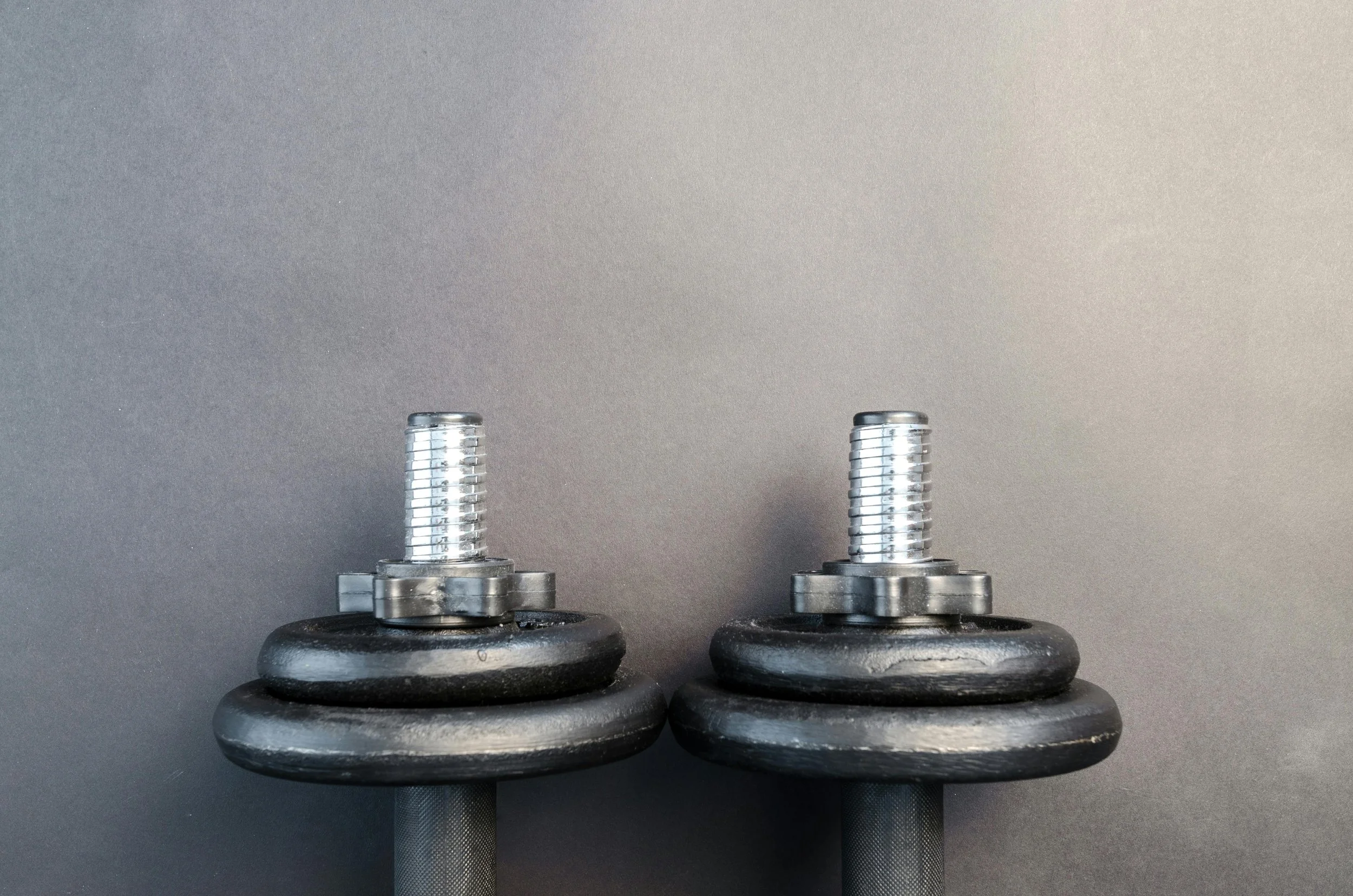Most women leaders in the NHS carry a weight that isn’t written in any job description. It’s not listed on the organisational chart, it’s not counted in workforce data, and it’s rarely acknowledged in performance conversations — yet it shapes every part of their working lives.
It’s the invisible weight of being the person everyone turns to.
The one who keeps the team steady.
The one who absorbs tension, listens deeply, steps in, smooths things over, and holds everything together so patient care doesn’t unravel.
While men also carry pressure, studies from The King’s Fund, NHS England and the Health Foundation show that women in healthcare leadership disproportionately take on emotional labour, team coordination, pastoral care, and the “glue work” that keeps services functioning. This labour is essential — but it’s often unseen, unmeasured and unrewarded.
Over time, this invisibility becomes its own burden.
Women leaders describe feeling responsible not just for their own workload, but for the morale, wellbeing and stability of everyone around them. They step in because they care deeply — and because their teams trust them. But the system rarely creates space for those who carry this emotional load to rest, reset or replenish. Instead, their ability to cope becomes the expectation.
The weight grows heavier in environments where staffing gaps are normal, change is constant, and demand always outstrips capacity. While official roles focus on targets, performance and service delivery, the day-to-day reality often requires balancing difficult conversations, supporting distressed colleagues, navigating organisational politics, and absorbing the emotional fallout of clinical pressure.
None of this appears in leadership frameworks.
But it shapes how women leaders feel every single day.
One senior woman I worked with described it perfectly:
“My job title says ‘manager’. But most days, it feels like I’m holding up the emotional architecture of the department.”
That invisible architecture is vital — but without recognition, it becomes exhausting.
The impact isn’t only emotional.
Research shows that when invisible labour goes unacknowledged, leaders begin to doubt their influence and question their effectiveness. They feel tired without understanding why. They wonder why others seem to cope “better,” not realising they are carrying more than their peers — often because they are the trusted, steady presence the team relies on.
The solution isn’t to harden, suppress or “toughen up.” Women leaders don’t need to become less caring. The real shift comes from naming the weight, recognising its value, and redistributing leadership so responsibility doesn’t sit silently on one pair of shoulders.
In coaching conversations, this begins with permission — permission to acknowledge what you carry, to value the emotional labour you provide, and to explore where boundaries, capability and shared ownership can be strengthened within your team.
Because the truth is this:
You are not exhausted because you’re not good enough.
You are exhausted because you have been carrying more than anyone sees.
When women leaders begin naming this weight, something powerful happens. Their confidence returns. Their voice strengthens. Their boundaries become clearer. They start leading from a place of grounded authority rather than relentless emotional strain.
And, importantly, they stop confusing being overwhelmed with being inadequate.
Naming the invisible weight doesn’t make it disappear — but it does make it manageable, shareable and no longer silently carried.

